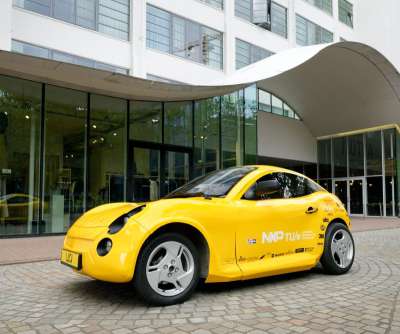AkzoNobel and Gasunie investigating large-scale production of green hydrogen; 20MW facility for 3000 tons per year
Green Car Congress
JANUARY 9, 2018
AkzoNobel Specialty Chemicals and Gasunie New Energy are partnering to investigate the possible large scale conversion of sustainable electricity into green hydrogen via the electrolysis of water. So far, the largest planned electrolysis unit in the Netherlands has a capacity of 1 megawatt.














Let's personalize your content